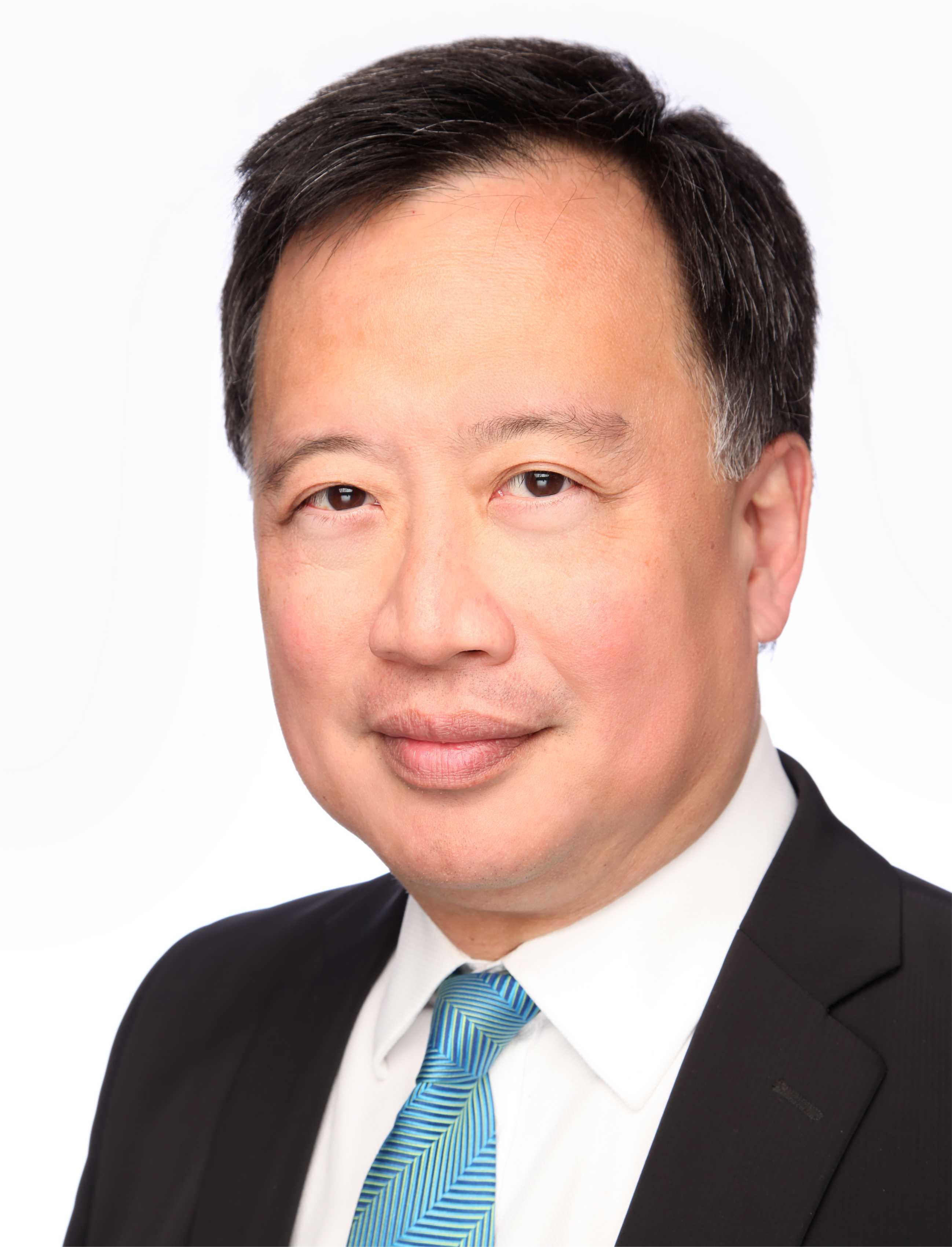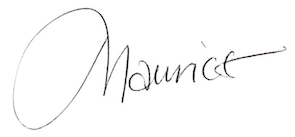 Since the Government announced its roadmap for easing of restrictions on 10 May, we have been working to understand the implications for osteopathic practices – the how and when of opening up to a level of face-to-face consultations beyond the current ‘urgent and emergency cases only’ advice currently in place. This has been challenging, not least due to the diverging positions across the four home nations.
Since the Government announced its roadmap for easing of restrictions on 10 May, we have been working to understand the implications for osteopathic practices – the how and when of opening up to a level of face-to-face consultations beyond the current ‘urgent and emergency cases only’ advice currently in place. This has been challenging, not least due to the diverging positions across the four home nations.
However, the communication from NHS England to community health providers recently is a clear signal that private health providers such as osteopaths need to gear up to play our role in supporting the nation’s health after two months of lockdown.
This is not a return to ‘business as usual’ in any part of the UK, as the risks of infection remain very real, and are likely to remain with us for some time.
We will need to adapt our practice to take account of these risks. These risks will need to be assessed and managed to ensure that the public, and those working within your practice, are confident that their safety is of paramount concern.
Only once you have undertaken a risk assessment and ensured effective infection prevention and control measures in your practice, should you consider undertaking face-to-face consultations. Last week we published guidance on how to begin these preparations. Today we have issued further guidance on infection risk assessment and mitigation, which will make it easier for you to record your assessments and actions.
We recommend, wherever you practice in the UK, that you undertake these steps now.
In terms of how to determine and manage face-to-face consultations, at present the advice for osteopaths operating in Scotland, Wales and Northern Ireland remains ‘urgent and emergency’ only. We acknowledge that in Northern Ireland today, there has been an easing of restrictions on social mobility. We are now reviewing their guidance for community healthcare and the impact on osteopathic practices there.
Practices in England can consider easing of these operating restrictions only once a sequence of steps is undertaken with each patient which will – based on your clinical judgement – determine the clinical need and risks involved of a face-to-face consultation.
In short, these will be:
- Continuing to undertake remote consultations whenever possible
- Undertaking a pre-screening call to determine and justify the clinical need for a face to face consultation
- Obtaining the patient’s consent for a face-to-face consultation, with all risks explained and recorded
At present we are still advising no face to face consultations for those with symptoms of or confirmed cases of COVID 19 i.e. those self-isolating.
We will be issuing further guidance shortly for those that are shielded – also referred to by Public Health as ‘extremely clinically vulnerable’, and domiciliary visits.
Our position has always been that we have a role to play to support the health of the people in our communities. However, this must be done with an acute awareness of the continued risk of infection that any close interaction poses. Any steps taken must be done so carefully, placing the safety of your patients, yourselves, and colleagues, at the forefront of your judgement.
More detail on the above guidance is available from our website, and we will be providing further advice and guidance as the situation develops.
I have spoken to several osteopaths, particularly over the last ten days, who are rightly concerned about opening out their practices. I hope the guidance that we have put together will help make it clear what practical steps are needed when you choose to open out your practice.
Certainly, from what we have heard from a fair number of osteopaths, both in the UK and abroad, the patient demand for care is there, despite all their concerns about the risk of infection. The more we can do to reassure them by our risk management actions that your practice is a safe space for them, the better.
There will no doubt be further questions for which we have still to determine an answer or may not yet even be apparent. However, we remain committed to supporting the profession navigate safely through what is uncharted territory for all of us. If we continue to work together, we will emerge stronger.

Maurice Cheng
CEO, Institute of Osteopathy